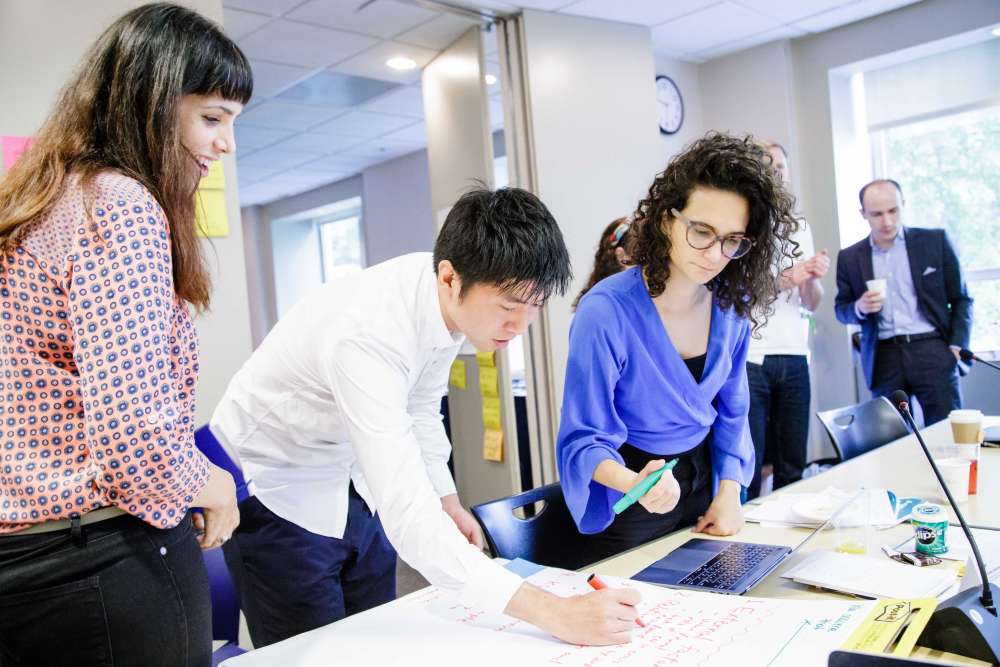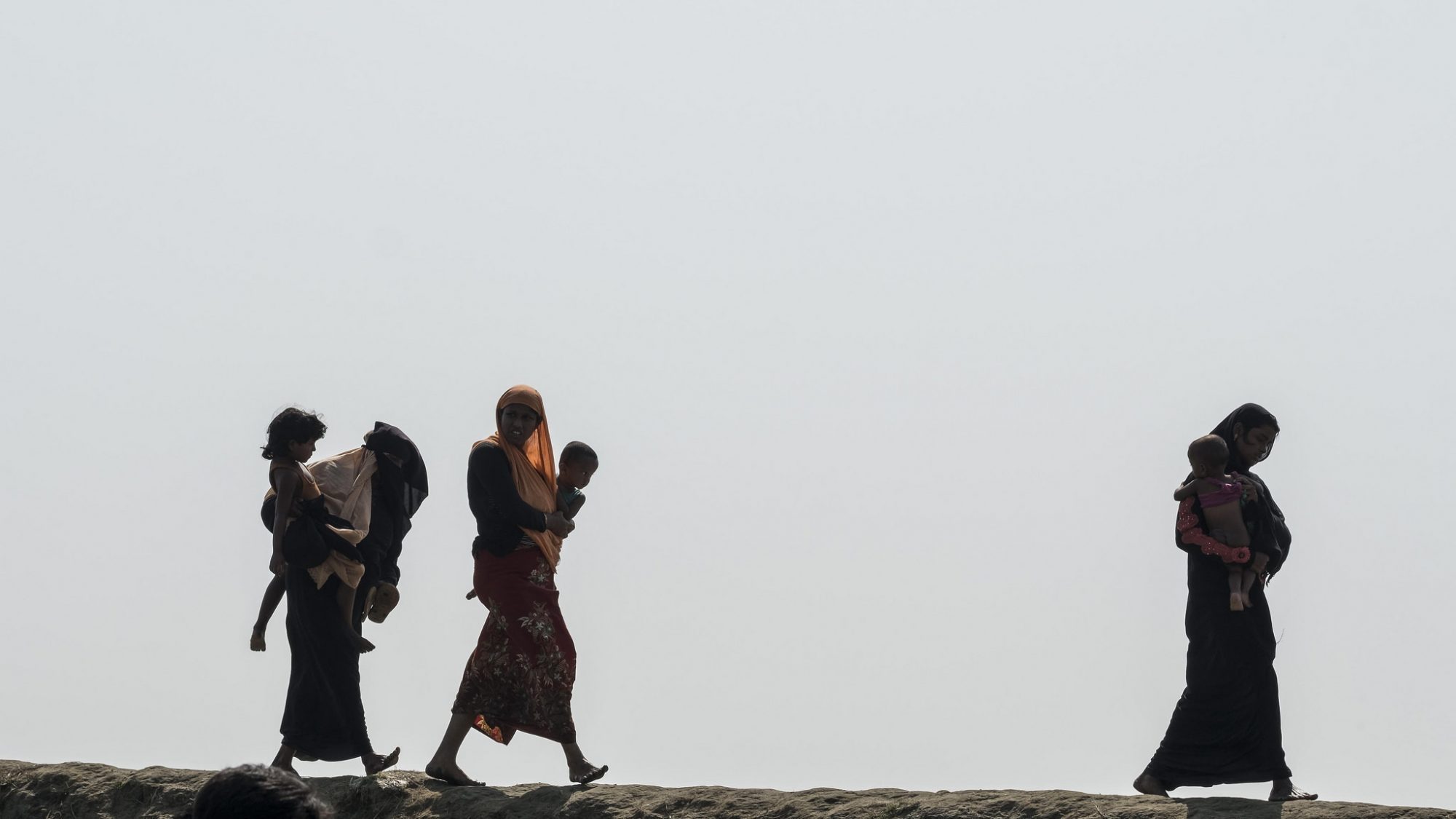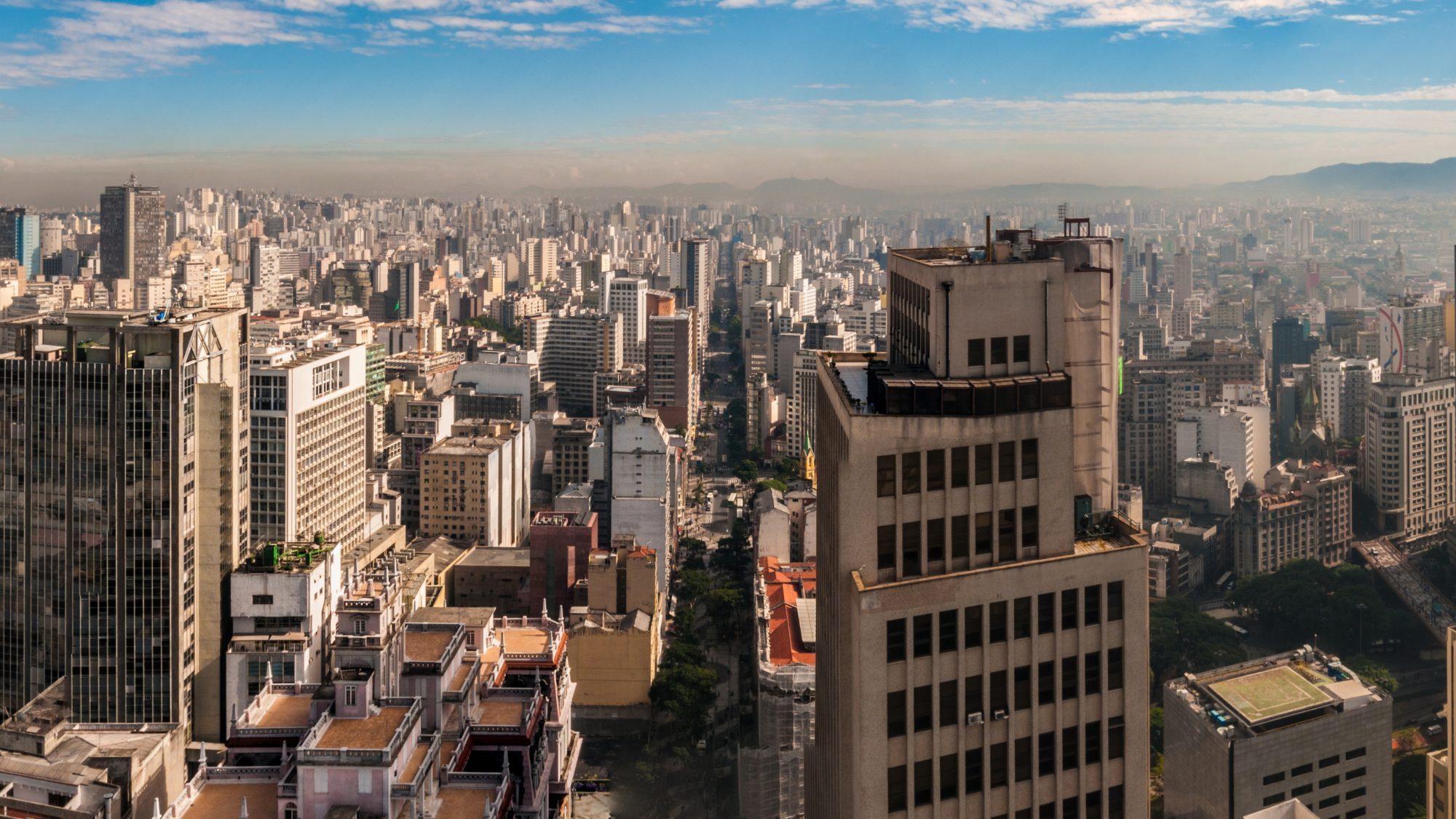The World in 2030: Exploring the Futures of Migration, Cities and the Global Order
Global Governance Futures 2030 Final Reports

Imagine the Indo-Pacific becomes the new theater of global conflict. Picture a scenario in which misinformation about migration causes a crisis so severe that the world entirely loses faith in the refugee governance system. Or consider what would happen if cities became more sovereign and able to control the flows of migrants entering and leaving their territories. How could policymakers respond? With these futures in mind, what could they do — now?
The Global Governance Futures — Multilateral Dialogues 2030 (GGF 2030) is a fellowship program that brings together 27 exceptional individuals from nine countries to explore possible future developments and the plausible range of what could happen in the next decade. The fellows develop ideas for policies to mitigate the risks they identify and make the most of the opportunities presented by these futures. This round, they focused on the futures of the global migration and refugee challenge, the global order, and the role of cities in global governance.
The fellows met four times — in Washington, DC, New Delhi, São Paulo, and Paris and Berlin. Ahead of their final session in May 2019, they distilled their insights and ideas into final reports.
Watch our fellows discuss their journey, and find out more about their reports.
The GGF 2030 Reports
Re-Imagining Forced Migration Governance for 2030
by the Migration and Refugee Challenge Working Group

It is 2030 and the world is facing an unprecedented level of human mobility. Who are the forced migrants ten years from now? Where have they been forced to move to and why? Who are the relevant stakeholders and what is their role in shaping forced migration governance? In Re-Imagining Forced Migration Governance for 2030, the GGF 2030 fellows envision the futures of the global migration and refugee challenge – and suggest innovative mechanisms that could help facilitate an effective and equitable forced migration governance by the end of the decade.
Read the report.
The New (Dis)Orders: Envisioning the Complex Futures of Geopolitics
by the Futures of Global Order Working Group

By 2030, the power structures that shape the global order have changed substantially. How have economic development and inequality come into play? How have technology and multinational companies transformed politics between nation states? What does the institutional framework of this shifting global order – with its tensions between the established Western-led, neo-liberal multilateral institutions and emerging parallel institutions – look like? In The New (Dis)Orders: Envisioning the Complex Futures of Geopolitics, the GGF 2030 fellows imagine scenarios for the future of the global order and illustrate innovative policy responses to the threats they identify.
Make or Break: How Will Cities Shape Future Global Challenges?
by the Role of Cities in Global Governance Working Group

In 2030, will we see cities carry out sustainable development initiatives, instead of national governments? What will cities, mayors and civil society groups need in order to lead or jointly advocate for policy changes in an increasingly urbanized world? In their report, Make or Break: How Will Cities Shape Future Global Challenges?, the GGF 2030 fellows contemplate the global futures of cities, and suggest policy interventions to mitigate potential threats and make the most of potential opportunities.
GGF is made possible by a broad array of dedicated supporters. The program was initiated by GPPi, along with the Robert Bosch Stiftung. The program consortium is composed of academic institutions, foundations, and think tanks from across the nine participating countries. The core responsibility for the design and implementation of the program lies with the GGF program team at GPPi. In addition, GGF relies on the advice and guidance of the GGF steering committee, made up of senior policymakers and academics.
The program is generously supported by the Robert Bosch Stiftung.







